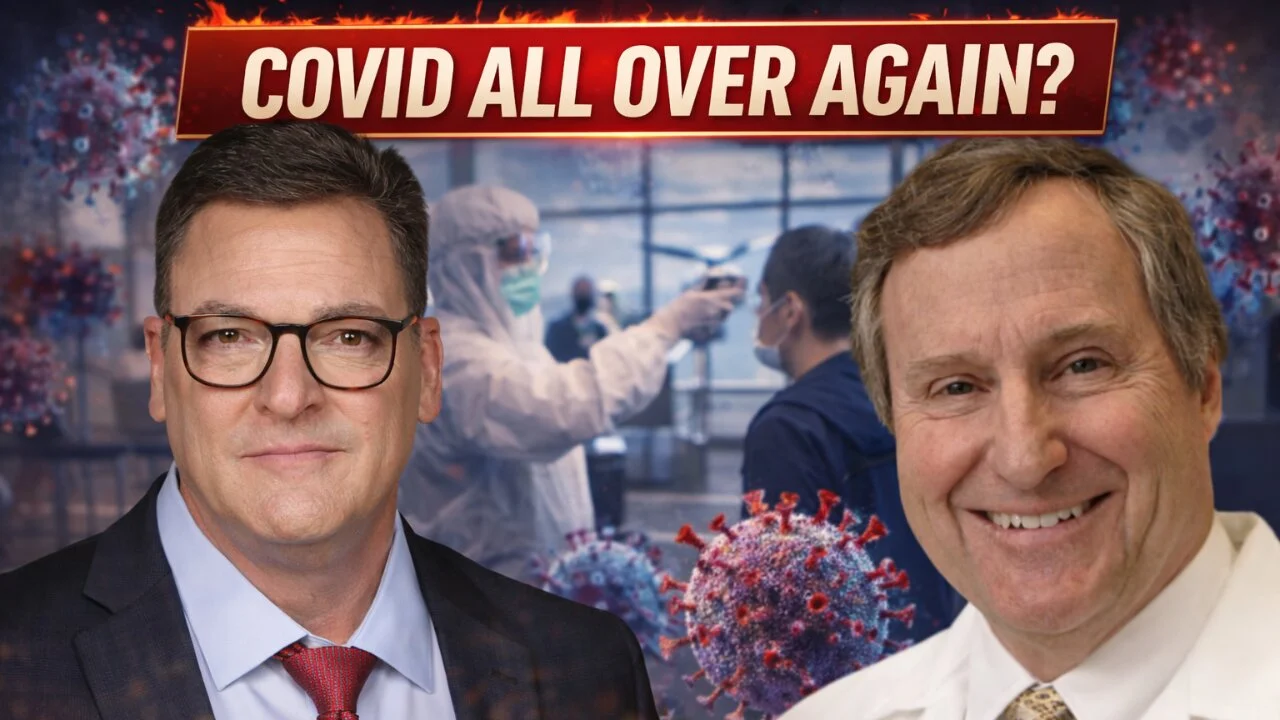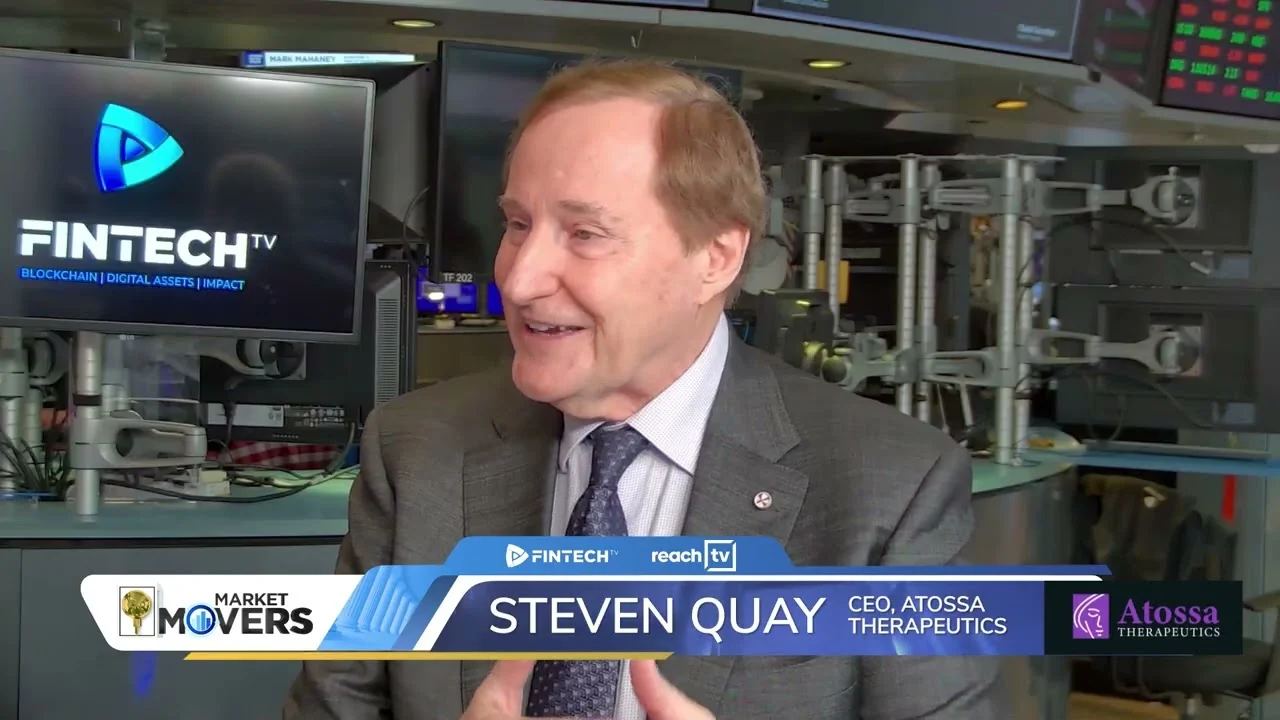- Dr. Steven Quay
- october 23rd, 2021
Dr. Stephen Quay discusses a recent study published in the European Journal of Radiology about “long COVID,” where patients experience ongoing symptoms post-recovery. The study, conducted in Wuhan, China, involved 141 patients with diabetes, hyperglycemia, or as a control group. CT scans at six and twelve months showed that 55% and 52% respectively had lung abnormalities, notably ground glass opacifications, often associated with viral pneumonias. These abnormalities were more prevalent in patients with pre-existing conditions and those hospitalized for over 20 days. For more details, the paper can be accessed online.




